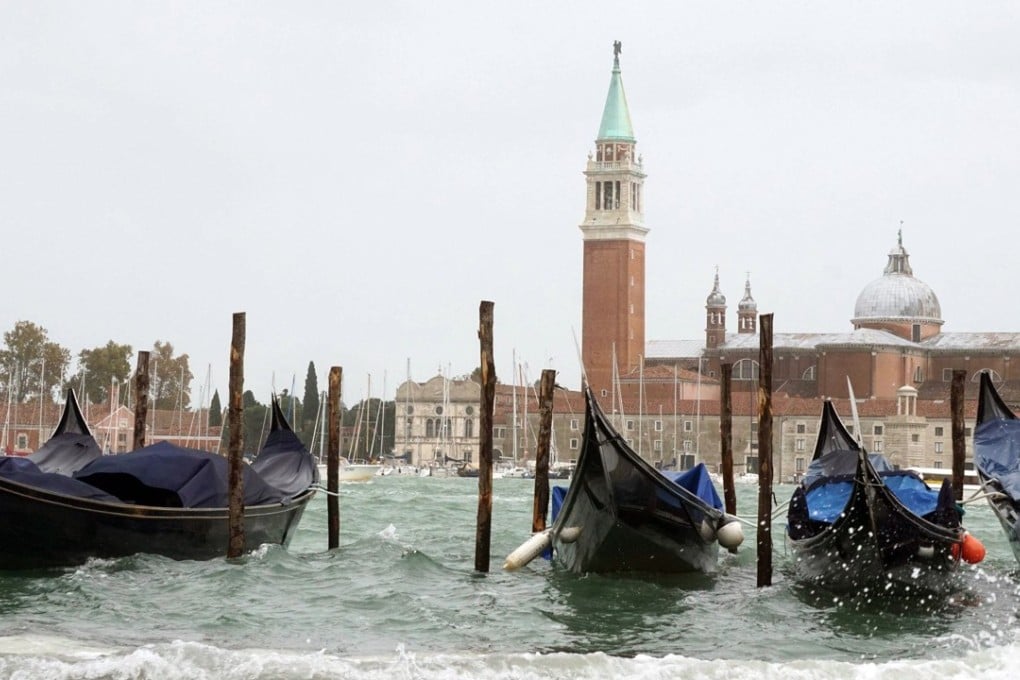Asian Angle | Lesson for Singapore: concentration of power in a few led to Venice’s downfall
- Some residents of the city state have become alienated by what they see as a ruling class that is disdainful of contrary views.

There are lessons to be learned from the rise and decline of Venice as the foremost naval and economic power in the Mediterranean between the early 12th and late 18th century – but which are the pertinent ones for Singaporeans?
I can think of at least two.
First, Venice rose to become a great maritime empire (Stato da Mar in the Venetian dialect) because it gave its citizens a say in their governance and a chance to share in its growing prosperity. In 1171, the powers of the Doge, the de facto monarch, were diluted and devolved to a Great Council comprising mostly merchants.

A lottery would be held to pick nominators for candidates to the council. After the nominators forwarded their list, Venetians would vote to decide who among the nominees would get a seat. More significant was the introduction of the colleganza, essentially a form of joint-stock company created to finance a single trading expedition to distant shores.
In effect, through a colleganza, the man in the street could buy a small stake in any voyage organised by established merchants and make money if the goods brought back were sold for a profit.
